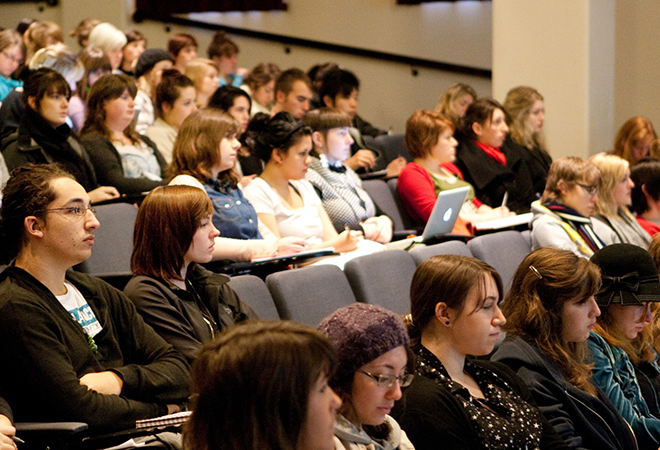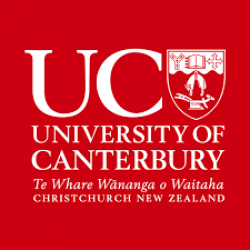
PROJECT
Curriculum Restructuring Overnight: Teaching Large First-Year Classes after a Major Earthquake
Supporting learners,
Teaching strategies
Status
Completed: 6 June 2015
Project Details
A project completed in 2015, undertaken by University of Canterbury, to develop a good practice publication describing the sudden curriculum and assessment overhaul that was needed to continue course implementation after a devastating magnitude 6.2 earthquake struck Christchurch.
Aims:
The main aims of the project were to describe:
- the effects of the changes caused by the earthquake on course delivery
- the lessons learnt from the exercise
- the impact on learners and teachers.
Methodology:
The project methodology involved reporting on:
- a large, introductory first-year course in Antarctic studies, highlighting changes in lectures and assessments
- a large first-year course in geology that is very laboratory-intensive, highlighting changes in a laboratory environment.
Team

Daniela Liggett
University of Canterbury
Kate Pedley
University of Canterbury
Erik Brogt
University of CanterburyStatus
Funding
$4,500.00 (excl GST)
$4,500.00
Good Practice Publication Grant
Key Findings
The key findings from the project included:
- Impact on learners of our practice is very difficult to establish. Simplistically, we can say that what we did was better than no teaching at all. Long-term effects of our practice on student performance, retention, and completion are almost impossible to ascertain. There are simply too many variables. The Christchurch earthquake was not a singular event, but part of the larger Canterbury earthquake sequence which lasted about two years in total. The cumulative effect of these events on student performance, retention, and progression likely far outweighs what we did in our classes in the aftermath of the February earthquake. Hence ours is a story of teaching, rather than learning, during the earthquake.
- It should also be noted that any data gathering for research purposes to measure effects of our changes would have run into severe ethical issues, given the amount of trauma in the population. The Civil Defence national controller had imposed a social science research moratorium from February 2011 until May 1 2011 for that exact reason. Large educational research projects, such as the Ako Aotearoa-funded Transforming Tertiary Science Education (Kennedy et al., 2013), which was in full swing on the UC campus at the time, suspended operations during this period.
- In terms of academic development, we noticed a certain feeling of liberation in some teaching staff, a freedom to experiment with teaching techniques, and try new things they would normally not have done (as readily). In fact, in 2012 the College of Science held a reflection day on what we learnt from our teaching during the quakes, and what we could / should continue to do in the future.
- One element to not underestimate is the effect that a disaster has on the mental state of both learners and teachers. We all had a lot on our minds – damaged houses, safety of friends and family, and the never-ending uncertainty about when the next earthquake would strike and what its magnitude would be. However, despite all this, there was a strong feeling of "we are in this together" between teaching staff and students. Our students seemed to genuinely appreciate the efforts to help them continue their studies. As teachers, we were impressed and heartened by the perseverance, dedication, and commitment our students showed. This was not just in relation to their studies, but also in the tremendous volunteer effort the students put in to assist the city.
Key Recommendations
The key recommendations from the project, based on the general lessons learnt about teaching during a natural disaster, included:
- In-person contact | In-person contact is invaluable; students and teachers need the company of fellow human beings to talk through the events.
- Use of teaching spaces | Use teaching spaces only for those activities that really require them; non-interactive, traditional lectures do not require a scarce teaching space. Lab work, on the other hand, needs the teaching space.
- Online activities | Low-bandwidth online activities are important to ensure that as many students (not just in our courses, but university wide) can participate in learning activities.
- Group assignments | Be careful with group assignments; while they may help students more connected to their fellow students and the course, the logistical problems with group work are exacerbated.
- Flexibility | Flexibility is key; the unexpected will happen, and we found it best to just "roll with it". We found our students to be very forgiving, with a strong sense of "we are all in this together". They knew we were trying our best to help their learning and responded accordingly.
A research report prepared by Daniela Liggett, Kate Pedley and Erik Brogt.
(PDF, 360 KB, 12-pages).
- 6 June 2015